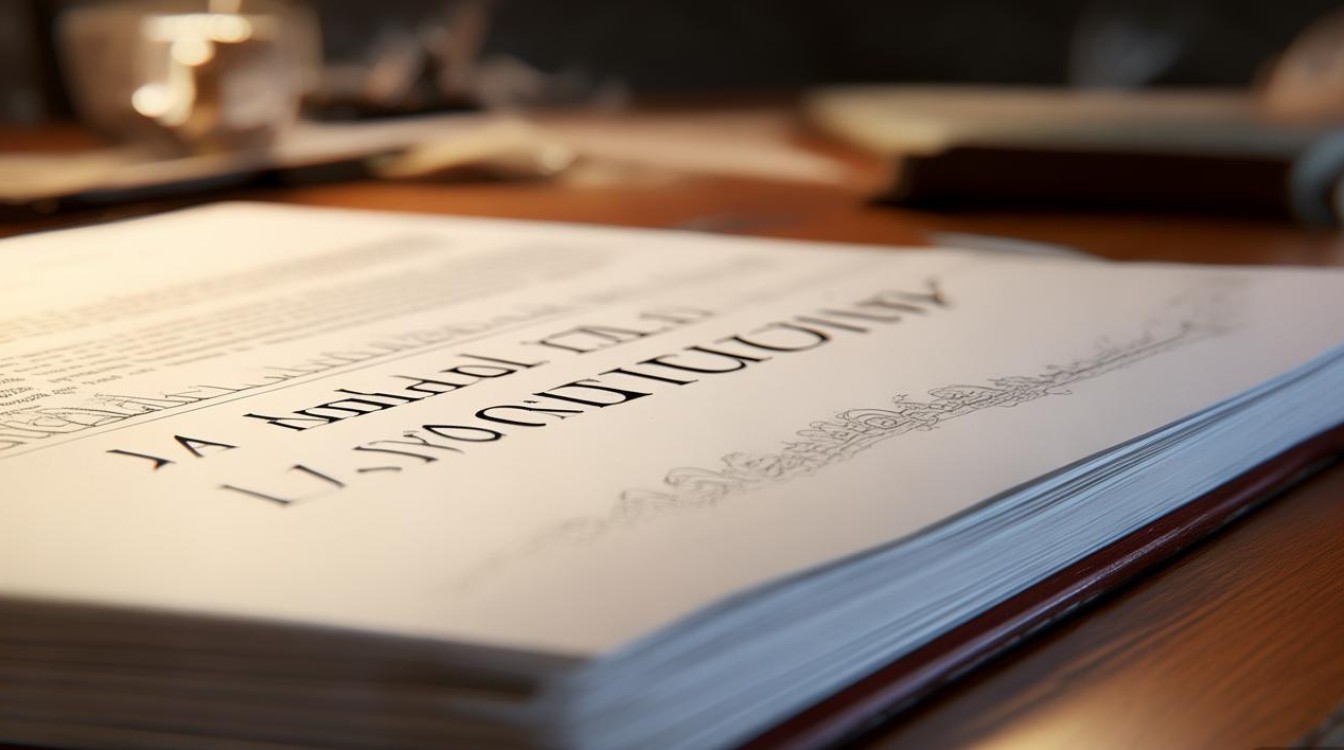至关重要,它需要吸引眼球、点明主旨、引发思考,下面我将为你提供一系列不同风格和主题的议论文标题,并附上一些创作技巧和模板,希望能给你带来灵感。

标题创作的核心原则
通常具备以下一个或多个特点:
- 明确性: 读者能立刻知道文章将要讨论什么。
- 吸引力: 使用问句、引语、矛盾修辞等手法,激发读者的好奇心。
- 争议性: 提出一个有争议的观点,表明文章将进行辩论。
- 简洁性: 用最少的词传达最核心的信息。
英语议论文标题分类及范例
开门见山,直接点明文章的核心论点或主题,适用于学术性较强或需要清晰传达观点的场合。
格式: [Topic]: [A Statement of Argument]
-
科技类:
- Social Media: A Double-Edged Sword for Modern Society (社交媒体:现代社会的一把双刃剑)
- The Promise and Peril of Artificial Intelligence (人工智能的承诺与危险)
- Remote Work: The Future of Employment or a Passing Trend? (远程办公:就业的未来还是昙花一现?)
-
教育类:
- Standardized Testing: An Accurate Measure of Student Ability? (标准化考试:衡量学生能力的准确标尺?)
- University Education: Still Worth the Investment in the 21st Century? (大学教育:在21世纪仍然物有所值吗?)
- The Decline of Critical Thinking in the Digital Age (数字时代批判性思维的衰落)
-
环境类:
- Climate Change: The Most Urgent Crisis of Our Time (气候变化:我们时代最紧迫的危机)
- Individual Responsibility vs. Corporate Accountability in Environmental Protection (环境保护中的个人责任与企业责任)
-
社会与文化类:
- The Gig Economy: Empowerment or Exploitation? (零工经济:赋权还是剥削?)
- Cultural Globalization: A Threat to Diversity or a Path to Unity? (文化全球化:对多样性的威胁还是通往统一的道路?)
- The Impact of Immigration on National Identity (移民对国家认同感的影响)
引用/改编型标题
引用名言警句、电影台词、歌曲名或改编经典说法,能迅速建立与读者的文化共鸣,显得有深度。
-
引用名言:
- "To Be, or Not to Be": The Question of Universal Basic Income (生存还是毁灭:关于全民基本收入的问题)
- "All That Glitters Is Not Gold": The Hidden Dangers of Fast Fashion (闪光的东西未必都是金子:快时尚的隐藏危险)
- "The Only Thing We Have to Fear Is Fear Itself": Overcoming Anxiety in a Digital World (我们唯一需要恐惧的就是恐惧本身:在数字世界中克服焦虑)
-
改编经典:
- To Censor or Not to Censor: The Dilemma of Free Speech Online (审查还是不审查:网络言论自由的困境) - 改编自莎士比亚
- All Work and No Play Makes Jack a Dull Boy: The Importance of Leisure in a Productivity-Obsessed Culture - 改编自谚语
直接向读者提问,能有效激发好奇心,引导他们带着问题去阅读文章。
-
科技类:
- Is Technology Making Us More Connected or More Isolated? (科技让我们联系更紧密还是更孤立?)
- Can Artificial Intelligence Ever Truly Be Creative? (人工智能能拥有真正的创造力吗?)
- Should We Be More Worried About Data Privacy or Convenience? (我们更应该担心数据隐私还是使用便利?)
-
教育类:
- Grades: The True Measure of Knowledge or a Flawed System? (分数:知识的真正衡量标准还是一个有缺陷的系统?)
- Should College Be Free for Everyone? (大学应该对每个人免费吗?)
-
社会与文化类:
- Is Social Media Destroying Democracy? (社交媒体正在摧毁民主吗?)
- Can a Society Be Truly Colorblind? (一个社会能真正做到无视肤色吗?)
- What Defines Us More: Nature or Nurture? (什么更能定义我们:天性还是 nurture/后天培养?)
对比/矛盾型标题
通过对比或制造矛盾,突出问题的复杂性和多面性,引人深思。
-
格式:
[Concept A] vs. [Concept B]或[The Paradox of...] -
范例:
- Freedom vs. Security: The Enduring Dilemma of Modern States (自由与安全:现代国家永恒的困境)
- The Paradox of Choice: Why More Options Lead to Less Satisfaction (选择的悖论:为何更多选项带来更少的满足感)
- Progress and Preservation: Can We Have Both Economic Growth and Environmental Sustainability? (发展与保护:我们能同时拥有经济增长和环境可持续性吗?)
- The Individual and the Collective: Finding Balance in a Hyper-Connected World (个人与集体:在超互联世界中寻找平衡)
创意/比喻型标题
使用生动的比喻或富有想象力的语言,让标题更具文学色彩和吸引力。
- 范例:
- Digital Cocaine: The Addictive Nature of Social Media (数字可卡因:社交媒体的成瘾性本质)
- The Echo Chamber Effect: How Social Media Algorithms Shape Our Reality (回音室效应:社交媒体算法如何塑造我们的现实)
- Crossing the Rubicon: The Point of No Return in Climate Change (跨越卢比孔河:气候变化中的不归点)
- Feeding the Beast: The High Cost of Fast Fashion (喂养野兽:快时尚的高昂代价)
创作标题的实用技巧与模板
你可以套用以下模板来快速生成标题:
[Topic]: A [Adjective] Force for [Positive/Negative] Change
- e.g., AI: A Transformative Force for Good or Evil?
[The Question of/Battle Over] [Topic]
- e.g., The Battle Over Free Speech on Campus
[Beyond the Surface of] [Topic]: [A Deeper Issue]
- e.g., Beyond the Surface of Recycling: The True Cost of Our Consumption
[Reimagining] [Topic]: A Path to [A Better Future]
- e.g., Reimagining Education: A Path to Lifelong Learning
[The Rise of/The Fall of] [Concept] in the [Modern/Contemporary] Era
- e.g., The Rise of Mindfulness in the Digital Era
[Is/Should] [We/Our Society] [Verb] [Topic]?
- e.g., Should We Regulate Big Tech?
最后的小建议:
- 先写作,后定题: 有时在写完全文后,你会对核心论点有更清晰的认识,这时再回过头来提炼标题会更精准。
- 多备选几个: 列出3-5个备选标题,从中选择最有力、最贴切的一个。
- 检查导师/期刊要求: 如果是学术写作,请确保你的标题符合格式和风格上的要求。
希望这份详尽的指南能帮助你创作出出色的议论文标题!祝你写作顺利!











